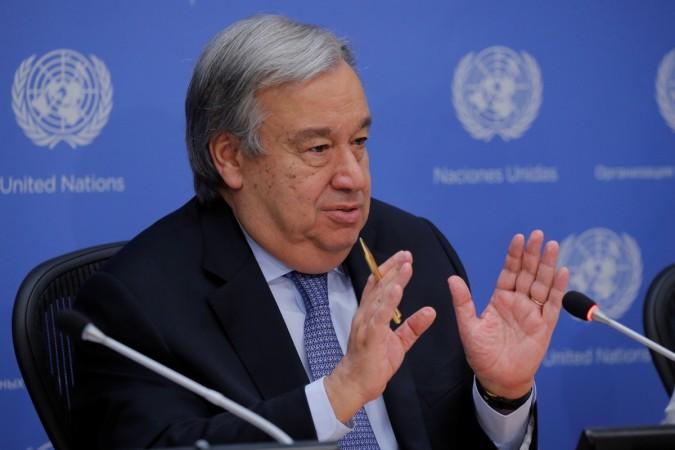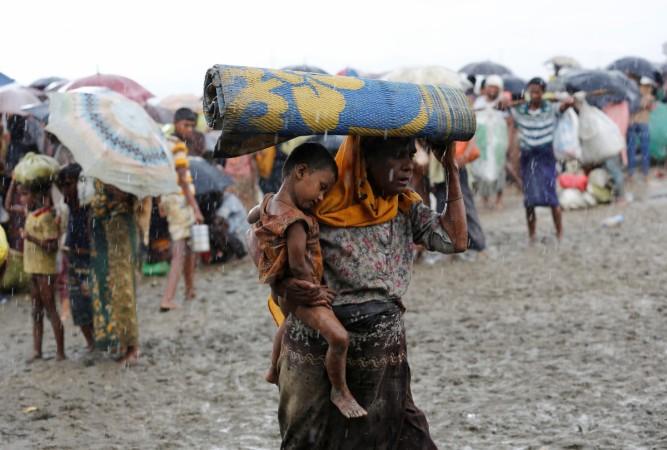United Nations Secretary General Antonio Gueterres on Thursday condemned the humanitarian "nightmare" faced by the Rohingya community on Myanmar, and urged the government to cease anti-Rohingya military operations.
The UN chief, while speaking to the UN Security Council (UNSC), also demanded Aung San Suu Kyi-led nation to open humanitarian access to its Rakhine region which is wracked with conflict and bloodshed.
"The situation has spiralled into the world's fastest developing refugee emergency, a humanitarian and human rights nightmare," Guterres said.

Rohingyas are stateless Indo-Aryan people from Rakhine state, Myanmar and are categorised as one of the most persecuted minorities in the world. Around 40,000 Rohingyas have settled in India. Ever since the latest flare-up of violence against the community in Myanmar this year, nearly 4 lakh Rohingyas have fled the state, pouring into nearby countries like Bangladesh seeking refuge.
The latest string of violence in Myanmar's northwestern Rakhine state began on August 25 when Rohingya insurgents reportedly attacked various police posts and an army base. A military counter-offencive and clashes led to a loss of at least 400 lives and initiated an exodus of the villagers in the region to Bangladesh.
The UN chief said that the intergovernmental organisation has received "bone-chilling accounts" of Rohingya refugees being subjected to "excessive violence and serious violations of human rights, including indiscriminate firing of weapons, the use of landmines against civilians and sexual violence."

"This is unacceptable and must end immediately," he added.
Gueterres called on Myanmar's military to halt its operations against the Rohingyas and allow "unfettered access" for humanitarian aid, and the "safe, voluntary, dignified and sustainable return of the refugees to their areas of origin."
"The reality on the ground demands action — swift action — to protect people, alleviate suffering, prevent further instability, address the roots of the situation and forge, at long last, a durable solution," the UN chief said.

















